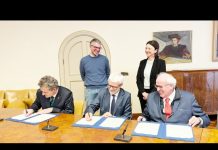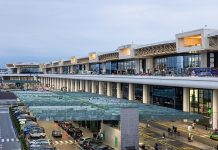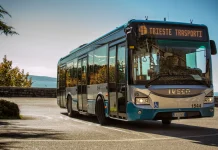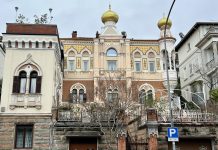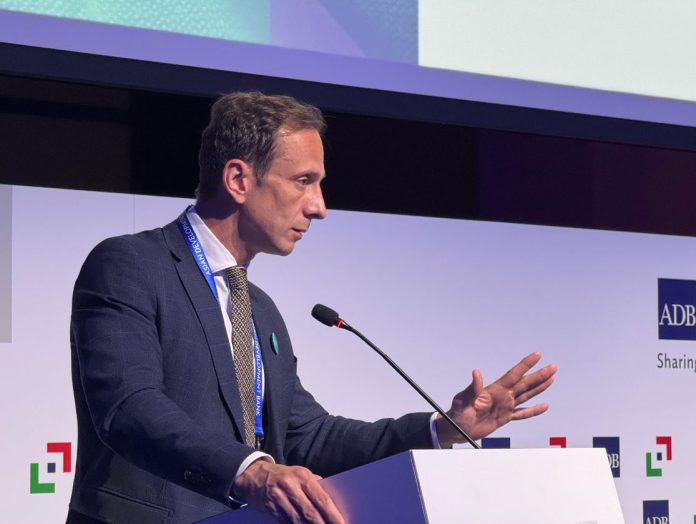by InTrieste
In a video message delivered Saturday to the annual Meeting for Friendship Among Peoples in Rimini, Massimiliano Fedriga, governor of Friuli Venezia Giulia and president of the Conference of Regions and Autonomous Provinces, underscored the strategic role of our northeastern border region amid shifting global and regional dynamics.
“Today we face frontiers that reappear in new forms: wars approaching Europe, epochal waves of migration, and technological and energy revolutions entering our lives and policies,” Fedriga said during a panel titled The Frontiers of the Adriatic. “In this scenario, Friuli Venezia Giulia confirms itself as a region of borders and, at the same time, of connections between the Adriatic and Central Europe.”
The governor emphasized that the Adriatic has long been a crossroads of peoples, cultures and economies—from the maritime trade of Venice to Cold War tensions, and now to the rising importance of ports in global supply chains.
Fedriga pointed to immediate geopolitical and economic pressures, citing the war in Ukraine, instability in the Middle East, and growing trade rivalries between major powers. He warned of the risks of market fragmentation and called for Europe to manage the energy and digital transition in ways that avoid widening social inequality.
At the center of this shift, he said, is Trieste’s port—Italy’s largest by cargo volume—which serves as a logistics and energy hub linking the Mediterranean with Central and Eastern Europe through its rail connections.
Fedriga also highlighted initiatives such as the Hydrogen Valley FVG, regional universities, and research centers that focus on artificial intelligence and digitalization, portraying them as drivers of competitiveness and training for future generations.
While acknowledging the necessity of the energy transition, he cautioned about its costs for households and businesses, as well as the risk that Europe could become dependent on foreign technologies. “These are questions that require pragmatic answers,” he said, “otherwise the shared goal may generate new economic and social vulnerabilities.”
The governor concluded by invoking the region’s history of coexistence among Italians, Slovenians, Friulians and Germans, presenting Friuli Venezia Giulia as a model of dialogue and cooperation.
“The Adriatic should not be a sea that separates, but a bridge that unites,” Fedriga said. “In this context, Friuli Venezia Giulia, small but strategic, wants to continue serving as a hinge between innovation and economic development. This is our vocation, and this is the challenge we intend to share with all the regions of the Adriatic.”


